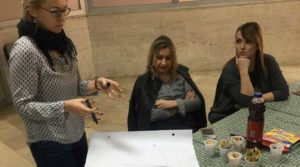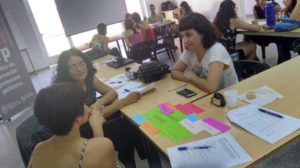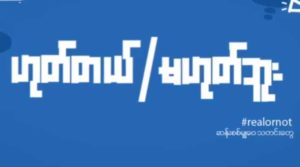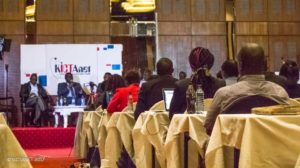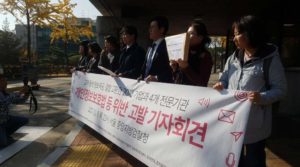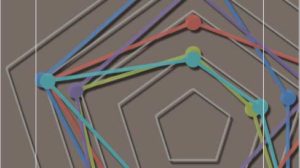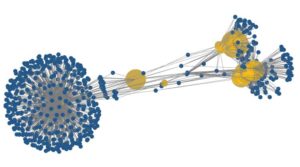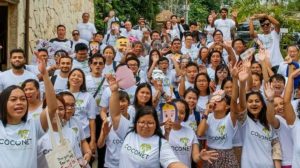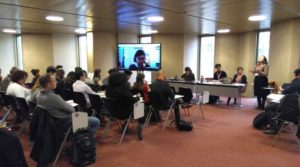“Building Online Safety for Safe Houses” is a project implemented by One World Platform (OWP) from July to December 2017, with the financial support of an APC subgrant. Within the framework of the project, in October 2017, OWP began trainings that covered topics related to policies for the integrity and security of organisations and online violence against women and girls. On that occasion, OWP cooperated with four organisations responsible for safe houses that provide shelter for women and girls who have been abused: the Foundation for Local Democracy (in Sarajevo), Vive žene (Tuzla), Udružene žene (Banja Luka) and Medica (Zenica). The workshops were intended for employees of safe houses and the organisations that run them.
OWP worked with them to help them create and implement their own digital security policy, but also talked about technology-related violence and why it was important to recognise it as a form of violence. Almost all of the participants confirmed the importance of the topic we dealt with and said that they were completely unaware of certain things that seemed to be quite irrelevant at first. Additionally, OWP published the manual “Online Safety 101”, where they explained all the details regarding online violence, its most usual forms and most importantly, how to be safe on the internet.
Image source: OWP.
